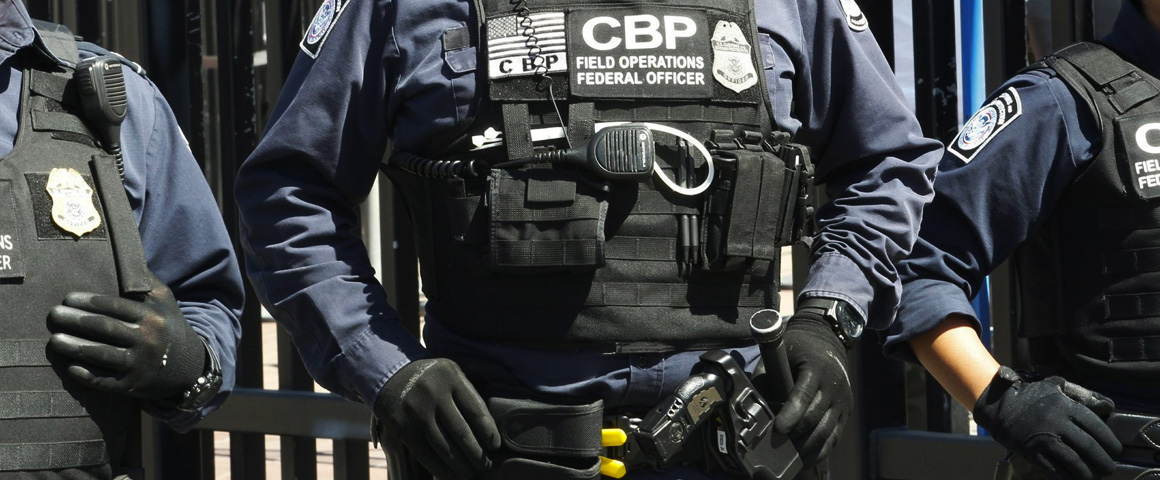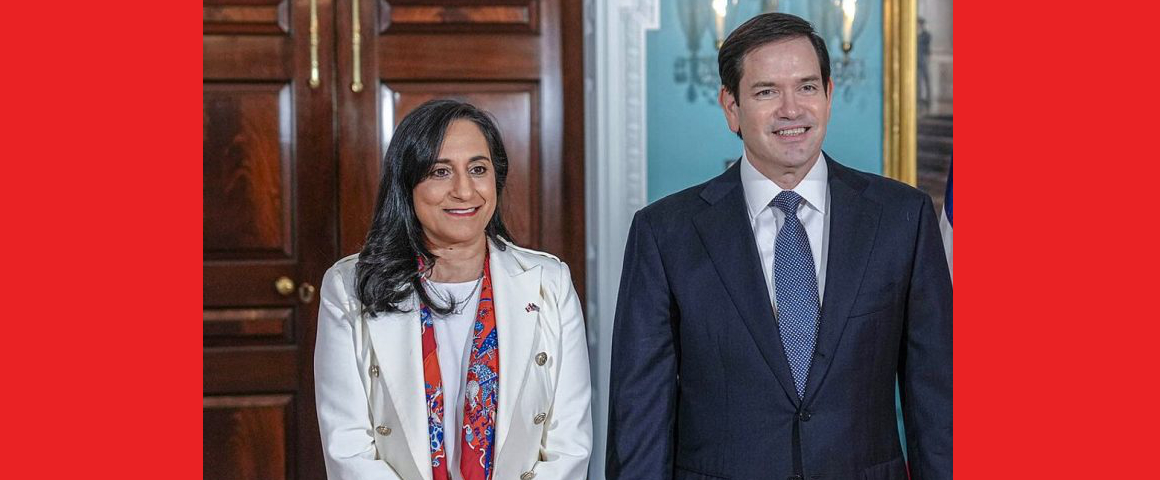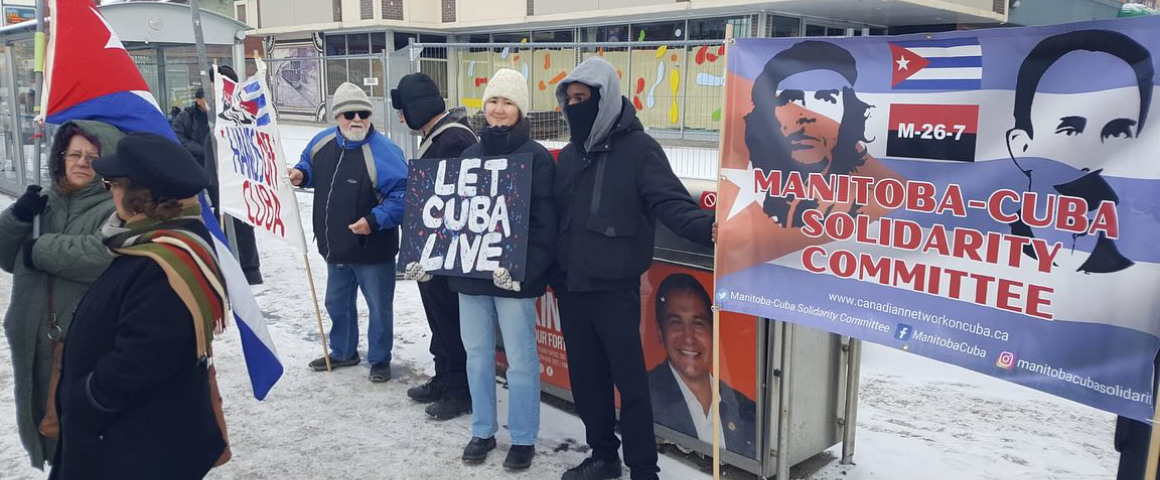Just before Christmas, the International Longshore Workers Union (ILWU) and the BC Civil Liberties Association rallied in Vancouver against Bill C-23, which replaces the federal Preclearance Act by a new statute based on the Agreement on Land, Rail, Marine, and Air Transport Preclearance, which expands the preclearance program to other forms of transportation. As the union and its allies warn, the new rules give expanded powers to U.S. preclearance officers, and raise concerns about the expanded sharing of private information with the US.
The ILWU argues that “all processes should comply with Canadian laws, standards, and values. Any sharing of information for foreign agencies must respect the privacy of Canadian workers and travelers.”
Here is the union’s view on some of the key issues around C-23, which received royal assent in mid-December.
Loss of Canadian Sovereignty: U.S. officials are required to respect Canadian law on Canadian soil, but there is no mechanism in the Bill for enforcing human rights violations, including discrimination, racial profiling or violations of legal rights that fall short of the extreme consequences that would be actionable under the State Immunity Act. Granting new and expanded powers to foreign officials on Canadian soil undermines Canadian sovereignty. The government that is elected and accountable to Canadians loses a degree of control over what occurs, despite the assurances and legal protections in place. These legal protections would also only provide remedial options to pursue, and are therefore only capable of being reactive.
Democracy and Equality: Given the U.S. attempts to implement a travel ban from select majority-Muslim countries, future attempts by the U.S. to introduce policies that discriminate based on religion, national origin, or dual citizenship are an ongoing concern.
Civil Liberties: The Bill effectively limits Canadians’ ability to choose to use preclearance services once the traveler has entered the preclearance area. Canadian citizens are exposed to having their decision to withdraw be treated as potentially suspicious, giving rise to the possibility of being questioned, detained, or strip searched.
Reduced Mobility Rights and Disincentive to Travel: One of the main aspects of a human rights violation is the inherent insult to the dignity of the victim. By supporting this Bill, the Canadian government is putting itself in a position where it could be seen as facilitating human rights violations perpetrated on Canadian soil by a foreign State with no meaningful access to any remedy.
The Trump Effect: The fear of abuse or misuse of these powers, given the shift in the U.S. political climate, has created considerable discomfort for many in any notion of handing over more significant powers to the Trump administration, especially on Canadian soil. Canada had been looking into the enforceability of Trump’s original travel ban in Canada, and would certainly have to do the same for any future policies of a similar nature.
State Immunity: U.S. preclearance officers are immune from civil suits for actions committed in the performance of their duties and their decisions are not reviewable by Canadian courts. The main defense offered by the Liberal government, including by Prime Minister Trudeau himself, is that Canadian laws, including the Charter, would still apply to protect Canadians. However, Charter or human rights challenges could face many hurdles, not the least of which is state immunity.




